Read Our Latest Blogs
Stay Up-to-Date on the Latest Cybersecurity Trends and Best Practices with Our Informative Blog Posts

How CPA Firms Can Secure Client Data During Tax Season: Safeguarding Sensitive Financial Information
Tax season is a critical time for Certified Public Accounting (CPA) firms. With an influx of sensitive financial data coming in from clients, the risks of cyberattacks and data breaches increase dramatically. Cybercriminals know that during this period, accounting firms are handling large amounts of personal and financial information, making them prime targets for cyberattacks.
At Cybersecurity Advisors, we understand the unique challenges CPA firms face in securing client data during high-volume periods. This article will discuss essential practices like encryption, access control, and secure client communication methods to help protect client data and maintain trust.
Why Cybersecurity is Critical for CPA Firms During Tax Season
Tax season places CPA firms under tremendous pressure. With multiple clients submitting sensitive information—such as Social Security numbers, tax returns, and banking details—the risk of cyber threats increases. A single data breach could lead to identity theft, financial fraud, and reputational damage that could take years to recover from.
Cybersecurity is not just a legal obligation; it’s a key part of maintaining client trust. Here are the essential steps CPA firms should take to secure client data during tax season.
1. Data Encryption: The First Line of Defense
Encryption is one of the most effective methods to protect sensitive data. By encrypting files, emails, and client communications, CPA firms ensure that data is unreadable to anyone who doesn’t have the proper decryption key.
Why Encryption is Essential
Encryption scrambles data, making it useless if intercepted by unauthorized individuals. During tax season, this becomes particularly critical as client information is transmitted via email, uploaded to cloud services, or shared over client portals.
How to Implement Encryption
Email Encryption: Use encrypted email services or secure client portals for sending and receiving sensitive information.
Data Encryption at Rest and In Transit: Ensure that data is encrypted both while it is stored and during transmission. This is critical for cloud storage, databases, and backups.
Document Encryption: Make sure that tax returns and financial documents are encrypted before they are stored or shared. This prevents unauthorized access, even if a hacker gains access to the system.
2. Access Control: Limiting Data Exposure
Not everyone in a CPA firm needs access to every piece of client data. Implementing role-based access control (RBAC) ensures that only authorized individuals can access sensitive information, significantly reducing the risk of an insider threat or accidental exposure.
How to Strengthen Access Control
Role-Based Access: Limit access to sensitive data based on job roles. For example, only tax preparers and senior accountants should have access to certain client information, while administrative staff should have access only to general data.
Multi-Factor Authentication (MFA): Require MFA for accessing sensitive data. Even if login credentials are stolen, MFA adds an extra layer of security by requiring a second form of verification, such as a code sent to a smartphone.
Audit Logs and Monitoring: Keep track of who is accessing client data and when. Regularly review audit logs to spot any unusual activity or unauthorized access attempts.
3. Secure Client Communication Methods
During tax season, secure communication with clients is critical. Email phishing attacks targeting CPA firms are increasingly sophisticated, and insecure methods of communication can put client data at risk. CPA firms must adopt secure communication methods to protect against data breaches.
Best Practices for Secure Communication
Secure Client Portals: Use encrypted client portals where clients can upload documents and retrieve sensitive financial information. These portals ensure that sensitive data is transferred securely and protected from third-party access.
Encrypted Email Services: If you must use email, make sure it is encrypted end-to-end. This ensures that emails containing sensitive financial data cannot be intercepted or read by unauthorized parties.
Virtual Private Networks (VPNs): For CPA firms with remote workers, a VPN is essential. It encrypts the internet connection and prevents hackers from intercepting communications, especially over public or unsecured networks.
4. Data Backup and Disaster Recovery
Data backup and disaster recovery plans are crucial for CPA firms, especially during tax season when the risk of ransomware attacks is higher. A ransomware attack could lock you out of critical tax return data, delaying filings and putting client relationships at risk.
Best Practices for Backing Up Data
Regular Backups: Automate daily backups of client data to secure locations, such as encrypted cloud storage or secure on-premise servers.
Test Recovery Procedures: Ensure that your disaster recovery plan is effective by regularly testing data recovery procedures. This ensures you can quickly restore client data and continue operations in the event of a cyberattack or system failure.
Secure Backup Locations: Store backups off-site or in the cloud to protect against localized incidents like office fires, floods, or hardware failure.
5. Employee Training on Cybersecurity Awareness
Even the best cybersecurity tools can be rendered ineffective if employees aren’t trained to recognize cyber threats. Phishing attacks, in particular, often target employees during high-pressure times like tax season.
Cybersecurity Awareness for CPA Employees
Phishing Awareness Training: Teach employees to recognize common phishing tactics, such as suspicious links or unexpected emails from clients.
Secure Document Handling: Employees should always store and share sensitive documents through secure, encrypted channels rather than unsecured methods like standard email.
Regular Refresher Courses: Hold regular training sessions to reinforce cybersecurity best practices. During tax season, these refreshers can remind employees of the heightened risks and the importance of vigilance.
6. Staying Compliant with Industry Regulations
CPA firms are subject to a range of cybersecurity regulations, particularly when handling sensitive financial data. Compliance with regulations like the IRS’s Safeguards Rule and the Gramm-Leach-Bliley Act (GLBA) is not optional—it’s required.
Compliance Considerations for CPA Firms
Safeguards Rule: CPA firms must develop, implement, and maintain a written information security plan to protect client data.
Gramm-Leach-Bliley Act (GLBA): CPA firms are considered financial institutions under the GLBA, meaning they must protect the confidentiality and integrity of client financial information.
IRS Publication 4557: This provides guidelines for CPA firms to safeguard taxpayer information. It outlines required security measures, including encryption, secure storage, and employee training.
Conclusion: Protecting Client Data is Essential for CPA Firm Success
During tax season, CPA firms are under immense pressure to manage large amounts of sensitive financial data efficiently and securely. By implementing strong encryption, access controls, secure communication methods, and employee training, CPA firms can safeguard client information and prevent costly data breaches. At Cybersecurity Advisors, we are committed to helping CPA firms navigate the complexities of data protection and maintain client trust during their busiest times.
Ensure your CPA firm is protected during tax season. Contact Cybersecurity Advisors today to learn how we can help secure your client data with comprehensive, affordable cybersecurity solutions.

Hear What Our Clients Say
Real-World Results: Hear from Our Clients About the Value of Our Cybersecurity Expertise

George Owens

As technology continues to advance, so must our cybersecurity practices to stay ahead of the game."

Max Tanner

The rapid digital transformation of various industries has made cybersecurity a critical aspect of daily operations, and it's reassuring to know that there are experts and technologies available to help mitigate risks and safeguard against potential attacks

Kim Wexler

It's essential for individuals and businesses to prioritize cybersecurity to protect sensitive data and maintain business continuity.

Billy Jackson

As someone who understands the importance of data security, I appreciate the emphasis on cybersecurity in today's digital landscape. With cyber threats becoming increasingly sophisticated and frequent.


Copyright © 2024 Cybersecurity Advisors | Managed IT Services, IT Consulting and Cybersecurity
letstalk@cybersecurityadvisors.io
801-438-6690
